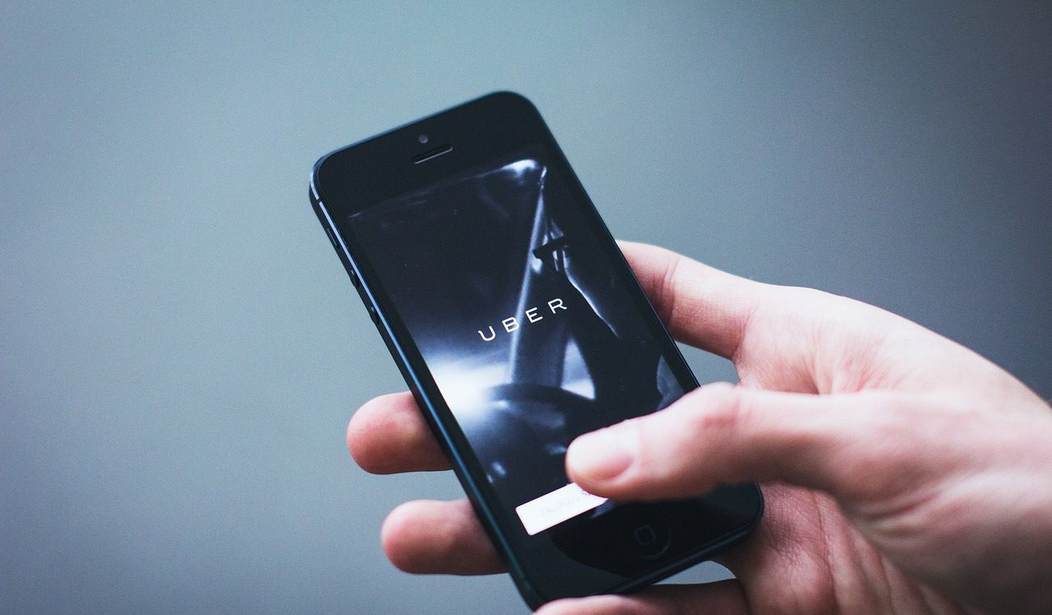Ride-share companies are one of the most useful services of the modern era. In just about every city in America, you can get a ride to wherever you need to go with just a couple of touches on your phone.
Further, it gives people the opportunity to earn extra money on the side or, in some cases, to deal with the loss of a job with minimal impact financially until they can get a new full-time slot.
But there’s always been a little something creepy about it.
Remember being told not to get in a stranger’s car? What is ride-sharing but basically doing just that?
And it seems that creepy factor may well be a tad justified.
Criminals are carrying out a disturbing trend where they are using ride-sharing vehicles to abduct minors, according to one of the nation’s top law enforcement agencies.
“It’s affected my school life, my friends, my family,” one 15-year-old girl who was a victim of an attempted abduction said in 2019, according to ABC News. “It’s had such a negative impact on me. Everywhere I go, I feel scared because I’m so much more aware of my surroundings now.”
The teenager recounted that she had frequently used ride-sharing services in the New York area, but in the summer of 2019, an Uber driver picked her up and tried to abduct her. The Nassau County District Attorney’s Office said at the time that the driver tried to force her to go to her home, “where he intended to sexually assault her.”
Now, the FBI is warning that similar incidents have become a “trend,” and issued a public service announcement making Americans aware.
While there don’t appear to be any hard numbers being issued here, this is still something we should all be concerned about.
Companies like Lyft and Uber have rules against people under the age of 18 riding alone, but many teens use an adult’s account to arrange for rides. Drivers aren’t necessarily equipped to ID everyone who seeks a ride, either, and let’s be honest here, if someone has nefarious intent, they’re definitely not going to be interested in enforcing the rules.
However, even if there are only like five examples, does any parent want to risk their kid being number six?
I sure wouldn’t.
The FBI’s warnings here are important, but that leaves us left wondering what can be done. There are a few suggestions:
“Teens may feel awkward or inhibited to speak up if they notice a driver is not driving safely or if something does ‘not feel right’ about the car or the driver,” pediatrician and co-director of the 2019 poll Gary Freed told the Detroit Free Press. “Parents should empower their teens to feel comfortable to speak out or refuse a ride. They should be reminded that they are getting into a vehicle with someone they do not know, and that it is essential for them be especially attentive to anything that may risk their safety.”
I definitely agree with the whole “doesn’t feel right” thing. Our brains are capable of receiving a lot of data, more than our conscious minds can really comprehend at that moment. Our subconscious puts together pieces that trigger that “doesn’t feel right” reaction based on that information. Listen to it.
However, parents should also be a bit more proactive and make sure they’re not using that app without permission. They should probably insist on being notified upon arrival as well. Then, if they don’t get that notification, they can start calling around to find out what’s up.
Regardless, this is something to be wary of.
Ride-share services are great in so many ways, but we shouldn’t ignore the potential pitfalls, either.








Join the conversation as a VIP Member